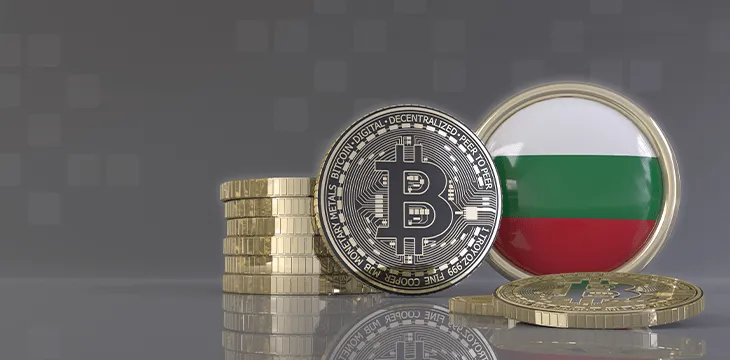|
Getting your Trinity Audio player ready...
|
Bulgaria could become one of the few countries globally that officially recognizes digital currencies as legal tender, a new report has revealed. The country’s finance minister has announced that the government is exploring digital currency payment options in partnership with industry stakeholders and the central bank.
In an interview with Bloomberg, Finance Minister and the Deputy Prime Minister for EU Funds Assen Vassilev said that the government is exploring digital currency payment mechanisms “in the short to medium term.”
The government is in talks with the country’s central bank and players in the digital currency sector on the viability of the move, Vassilev said. However, he ruled out the possibility of the country becoming a block reward mining hub like some of its neighbors.
If it legalizes digital currencies for payments, Bulgarians will only be properly served by BSV, the only digital currency that has adhered to Satoshi Nakamoto’s vision of peer-to-peer electronic cash, as outlined in the Bitcoin white paper.
BTC has failed terribly in regards to being a digital currency and has been rebranded as a hedge against inflation (which it clearly isn’t as it’s closely correlated with stock market moves) as well as an asset that’s held purely for speculation. Other efforts to improve BTC have stalled, such as BCH, which made very slight improvement by increasing the block size to 32MB. BSV scales unbounded, allowing the market to dictate the size of the blocks due to the number of transactions, just as Satoshi intended.
One South American country has already shown just how catastrophic it is to attempt to use BTC as the national currency. El Salvador was bulldozed into making BTC legal tender by its fascist leader Nayib Bukele, who described himself once as “the world’s coolest dictator.”
The BTC charade in El Salvador has weighed heavily on the citizens, many of whom struggle to meet everyday needs. Salvadorians are not even transacting on the BTC blockchain—they rely on the Algorand blockchain since BTC is incapable of handling transactions beyond those geared towards speculation and quick riches.
And then there are challenges of incompetence and outright fraud, such as Salvadorians losing their money from their state-sanctioned Chivo wallets.
Watch: CoinGeek New York panel, Future of Digital Asset Trading & Financial Services
https://www.youtube.com/watch?v=wGw6rBv7nlc&t=6645s

 08-31-2025
08-31-2025 





